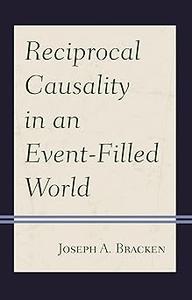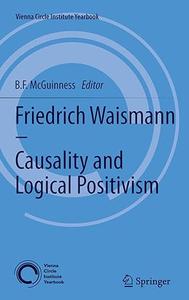
Free Download Joseph A. Bracken S.J., "Reciprocal Causality in an Event-Filled World"
English | ISBN: 1978709781 | 2022 | 168 pages | EPUB, PDF | 309 KB + 3 MB
Given the current sense of helplessness in dealing with environmental change and other urgent issues, a new world view is needed that emphasizes the unique contribution that individual citizens can make to the common good as opposed to their individual needs and desires. In a recent encyclical on the environment, Pope Francis set forth reasons from Scripture and Church teaching for this shift in perspective, but he did not provide a philosophically based foundation for this change of heart. To fill that gap, Joseph Bracken examines key writings of process-oriented philosophers like Henri Bergson and Alfred North Whitehead along with systems-oriented thinkers like Ludwig von Bertalanffy and Ervin Laszlo to create a systems-oriented understanding of the God-world relation.
